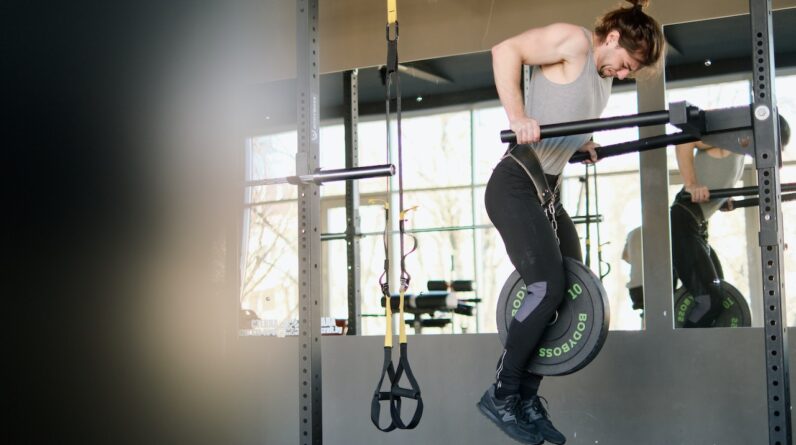
Introduction
When it comes to shedding those extra pounds, walking often flies under the radar. But did you know it’s a natural, efficient, and uncomplicated method to embark on your weight loss journey? Walking is a low-impact exercise suitable for people of all fitness levels, and it’s about time we shed some light on its efficacy.
Why Walking for Weight Loss
Walking to lose weight? Sounds too good to be true, right? But it’s not. Walking can burn significant calories, especially when done consistently and at a brisk pace. Plus, it’s a form of cardiovascular exercise, meaning it’s good for your heart too!
Benefits of Walking for Weight Loss
Burns Calories
First and foremost, walking helps burn calories. The number of calories burned depends on your body weight and walking speed. A good stroll can help kickstart your metabolism and accelerate weight loss.
Boosts Metabolism
Walking not only burns calories but also boosts your metabolism. Over time, it can help increase your metabolic rate, further promoting weight loss.
Improves Heart Health
As a form of cardio exercise, walking is great for your heart. It helps lower bad cholesterol levels and increases good cholesterol, reducing the risk of heart diseases.
How to Start Walking for Weight Loss
Setting a Routine
Consistency is key when it comes to walking for weight loss. Set a routine, stick to it, and remember that even short walks count.
Choosing the Right Gear
Invest in a good pair of shoes that are comfortable and provide good arch support. Don’t forget to wear appropriate clothing according to the weather.
Maintaining Consistency
Consistency is the key. It may be tough at first, but as you maintain consistency, you’ll start to see results.
Types of Walking for Weight Loss
Brisk Walking
Brisk walking is walking faster than your usual pace, which helps burn more calories.
Interval Walking
Interval walking involves alternating between fast and slow walking, which can help you burn more calories in less time.
Hill Walking
Walking uphill is a great way to increase the intensity of your walks and burn more calories.
How to Boost Your Weight Loss with Walking
Diet and Nutrition
Walking alone may not be enough for substantial weight loss. Pairing it with a balanced diet can significantly improve your results.
Increasing Intensity
As your endurance improves, increase the intensity of your walks. Add more challenging routes or include interval training to your routine.
The Final Word
Walking, often an underrated form of exercise, is an effective, accessible, and enjoyable way to kickstart your weight loss journey. Paired with a balanced diet and consistent routine, it can lead to significant improvements in your physical and mental health. So, tie up those shoelaces and embark on the journey to a healthier you!
FAQs
1. How long should I walk each day for weight loss? Start with at least 30 minutes a day and gradually increase the duration as your stamina builds up. Remember, consistency is key.
2. Can I lose weight by walking alone? While walking can help burn calories and improve your metabolism, combining it with a balanced diet will yield more significant results.
3. How can I increase the intensity of my walks? Incorporating interval training or hill walking into your routine can increase the intensity of your walks.
4. What should I eat to complement my walking for weight loss? A balanced diet rich in proteins, fiber, and healthy fats, along with ample hydration, can complement your weight loss efforts.
5. Is walking better than running for weight loss? Walking and running both have their unique benefits. For beginners or those with certain health conditions, walking can be a more accessible and sustainable form of exercise. Always consult with a healthcare professional before starting any new exercise regimen.
6. Do I need any special gear for walking? While no special gear is required, investing in a comfortable pair of walking shoes can prevent foot and leg discomfort.
7. How can I keep myself motivated to walk regularly? Setting goals, tracking your progress, and involving a friend or family member for company can help keep you motivated. Additionally, listening to music, podcasts, or audiobooks during your walks can make them more enjoyable.
8. Is there a best time of the day to walk for weight loss? While there isn’t a definitive ‘best’ time to walk, many people find morning walks refreshing and a good way to kickstart their day. Ultimately, you should choose a time that fits best with your schedule to maintain consistency.
9. Can walking help improve my mood? Absolutely. Walking, like other forms of exercise, can stimulate the release of endorphins, also known as ‘feel-good’ hormones, which can help improve your mood and reduce stress levels.
10. What if I don’t see immediate results from walking for weight loss? Remember, weight loss is a gradual process, and it’s crucial to be patient and consistent. Even if you don’t see immediate results on the scale, walking regularly can bring about numerous other health benefits, such as improved cardiovascular health, boosted mood, and better sleep.







